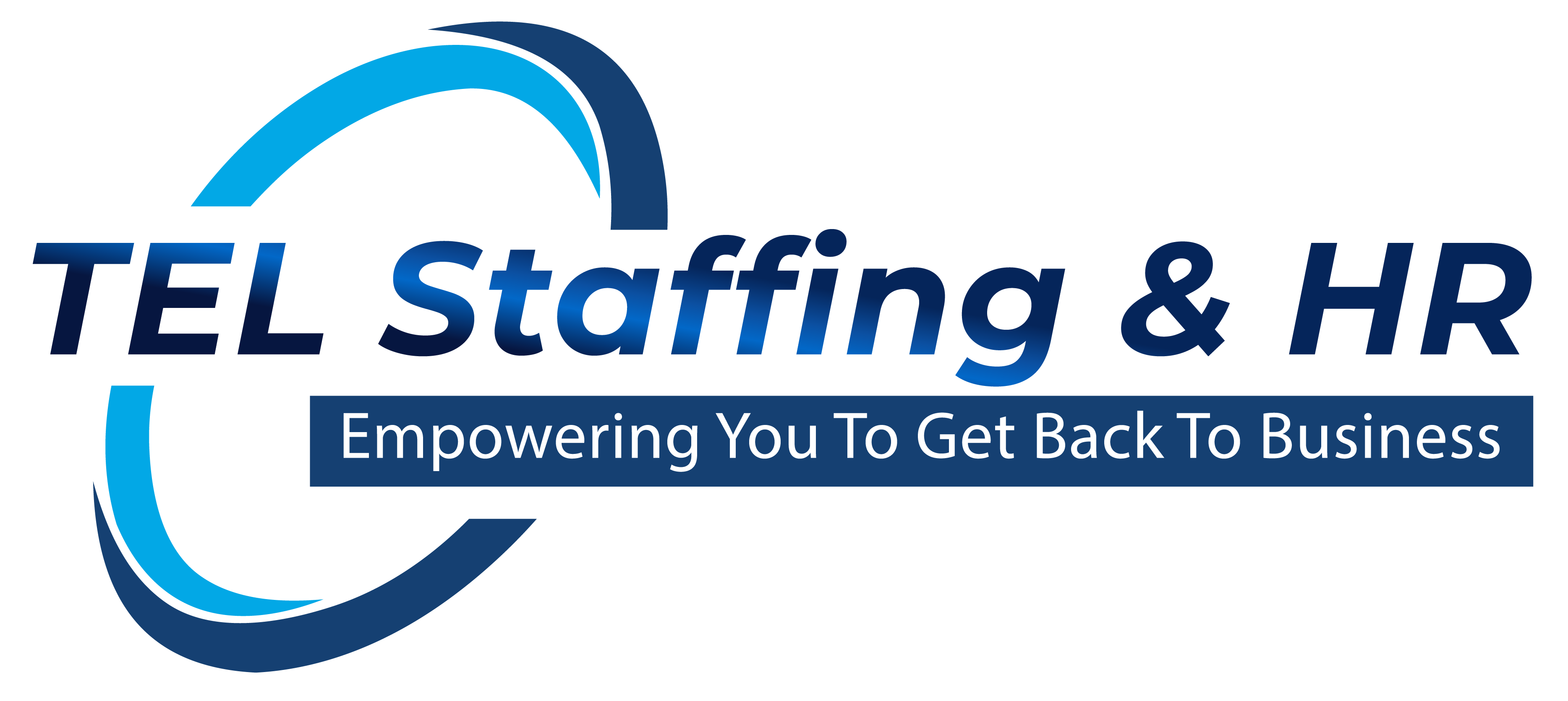Employee classification might seem like a nuisance bit of paperwork when you're starting a new company, but poor employee classification can result in violations of wage and hour laws.
Improperly adhering to these regulations puts your business at significant risk of penalties by requiring you to pay backpay and added legal fees.
In this post, we’ll dive into the risks misclassifying exempt employees poses for business to help them understand why it’s important and what they can do to prevent issues.
Understanding Employee Classification
Business owners face strict penalties and other forms of damage by misclassifying employees, making it one of the most important details to get right. However, before we dive into the risks of misclassifying exempt employees, let’s review what employee classification is in the first place.
What is Employee Classification?
Under the Fair Labor Standards Act (FLSA), hourly employees are entitled to minimum wage and overtime pay for hours worked over 40 in a workweek. Classifying employees correctly is crucial to maintaining compliance with labor laws.
Accurate classification ensures that employees receive fair compensation for their work. Employers must accurately track hours worked and ensure compliance with both state and federal labor laws to avoid the severe consequences of misclassification.
The FLSA provides the guidelines for classifying employees as either exempt or non-exempt. Non-exempt employees are entitled to overtime pay, while exempt employees are not. It's essential to understand these distinctions and apply them correctly to prevent any potential legal issues.
The Risks of Misclassifying Hourly Employees
Misclassifying exempt employees can incur many consequences, legally, that make it vital to keep up with and ensure proper adherence to these regulations.
Here’s a look at some of the risks companies can face:
Legal Penalties
Misclassifying hourly employees can result in fines and penalties from government agencies, such as the Department of Labor. These penalties can be substantial and cause significant financial strain on a business. It's crucial to stay compliant to avoid these costly repercussions.
Required Backpay Fulfillment
Companies may be required to pay retroactive wages for overtime and other benefits that misclassified employees should have received. This can result in unexpected expenses that can disrupt your financial planning and budget. Ensuring proper classification from the start can help you avoid this risk.
Potential Lawsuits
Misclassified employees can file lawsuits for unpaid wages, which can lead to significant legal expenses and settlements. Legal battles can be lengthy and costly, diverting resources away from your core business activities. Proper classification can help you avoid these legal challenges and the associated costs.
Reputational Damage
Facing legal actions and penalties can tarnish a company's reputation, making it difficult to attract and retain talent. A damaged reputation can have long-lasting effects on your business, affecting customer loyalty. Maintaining proper employee classification can help you uphold your company's reputation.
Loss of Trust
Misclassification issues may erode trust between employees and management, impacting morale and productivity. When employees feel they are not being treated fairly, it can lead to low morale and decreased productivity. Ensuring proper classification helps maintain a positive work environment and fosters trust between employees and management.
Financial Consequences
In addition to the direct costs of legal penalties and back pay, misclassification can lead to indirect financial consequences. These can include increased insurance premiums and higher costs for employee benefits. Proper classification helps mitigate these financial risks and ensures the financial stability of your business.
TEL Can Help Your Business Stay Compliant
The complexity of wage and hour laws makes it all too easy to mistakenly incur a violation. Understanding the importance of proper classification and implementing best practices, you can avoid these risks and ensure compliance with wage and hour laws. Putting proper compliance procedures in place and tracking time effectively makes adherence guaranteed. However, you can also ensure compliance by working with a trusted HR partner like TEL.
TEL's expert HR support services can help you manage your payroll, adhere to labor regulations, and maintain compliance. With our comprehensive solutions, customized support, and ongoing compliance monitoring, you can focus on growing your business while we handle the complexities of employee classification.
Stay compliant and safeguard your business from the risks of misclassifying hourly employees.
Learn more about how TEL can support your HR needs and help you maintain compliance.






